4. Lollypop
Lollypop is a gnome-music player which is a free and open-source project hosted on Github. It is written entirely in Python and Gtk3.
It is very lightweight and has a very good looking User Interface with the ability to play mp3, mp4, Ogg, and FLAC files. Provides with the feature to read artist biography from Last.fm or Wikipedia, lyrics of the song from Wikia.
It also provides features like: browsing through the collection using artist, album or genres, party mode effect for playing music, etc. This can play only downloaded audio tracks and doesn’t allow streaming audio.
Install Lollypop Music Player
------------------ On Debian based Systems ------------------ $ sudo add-apt-repository ppa:gnumdk/lollypop $ sudo apt-get update $ sudo apt-get install lollypop
# yum install lollypop [On RedHat based systems] # dnf install lollypop [On Fedora 22+ versions]
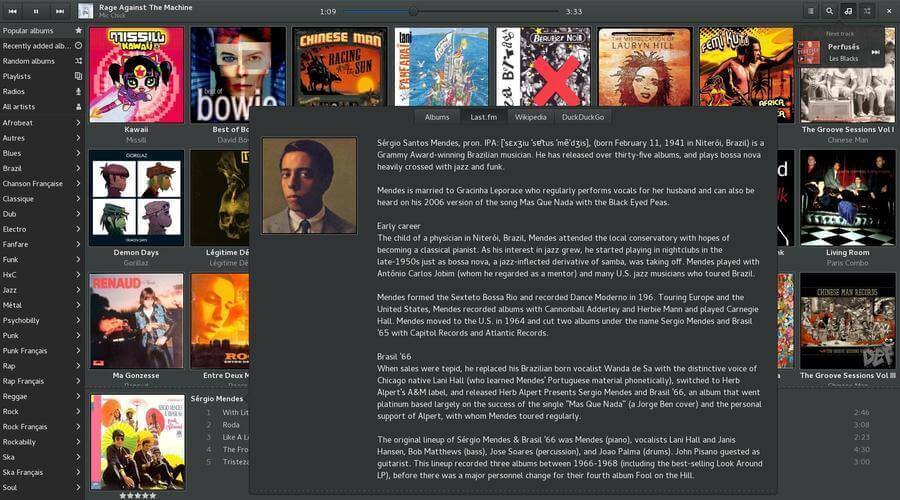
5. Cmus
Cmus is a console-based music player for Linux OS. Written exclusively in C and released under GNU General Public License, this music player runs on the terminal and is operated through the keyboard with the help of commands prepended with the colon.
Because of being console-based, this music player is very fast to load even with a huge number of songs. It has the support of Ogg, Mp3, Wav, MPEG-4/AAC, WMA, etc.
It enjoys all the advantages of being the console-based music player but this has some effect on its user interface which is not much glossy. Apart from this, it is controllable through the cmus-remote program and is known to work on many Unix like Operating Systems: FreeBSD, OpenBSD, Cygwin, etc.
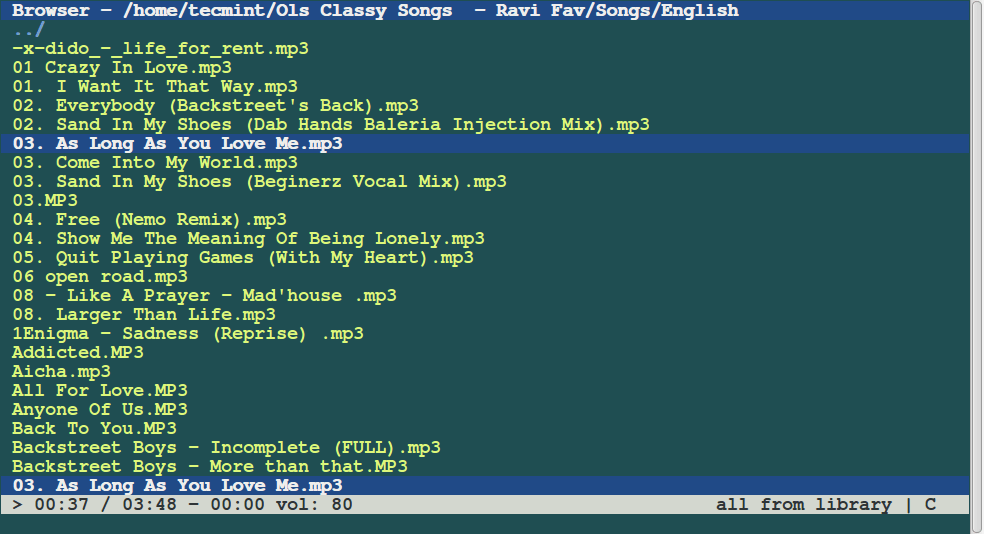
Read More: Install CMUS Console Based Music Player in Linux
6. Aqualung
Released in August 2015, aqualung is a cross-platform audio player originally targeted at GNU/Linux but also running on Mac OS, Windows, FreeBSD, etc.
It is written entirely in C and is available for many languages including French, German, Hungarian, etc. This software supports various audio file formats like Org, Forbis, FLAC, and Mp3.
The feature which makes it different from most of the music players is to play gapless music. Other features include multi-language translation, allowing multiple playlists at the same time, changing the skin at any time, support for MPEG formats, and even audio CDs.
Install Aqualung Music Player
# apt-get install qualung [On Debian based systems] # yum install qualung [On RedHat based systems] # dnf install qualung [On Fedora 22+ versions]
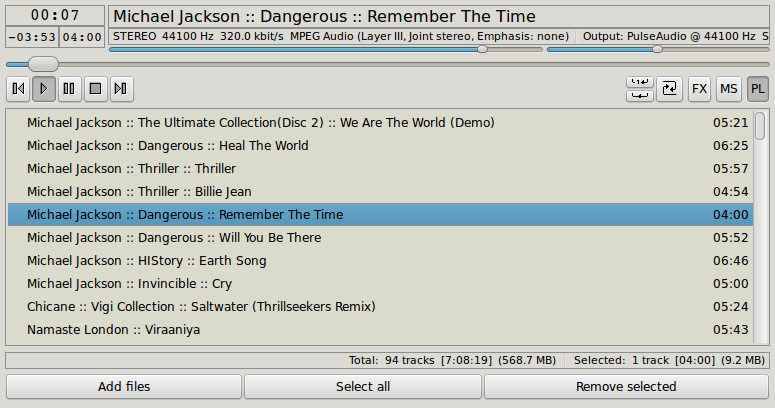
7. Quod Libet
Quod Libet is an open-source cross-platform music player cum tag editor. Written in Python using GTK+ and released under GNU General Public License, this software has support for Linux, Windows, and OS X requiring plug-ins for Python, PyGObject including OSS and ALSA compatible audio devices.
With a great User Interface and Pango support to dynamically position the tags, it provides various other features including dealing with audio back-ends using Gstreamer plugin, RelayGain support, option for shuffling entire playlist before repeating, rich set of features for tag editing, saving the play count of songs, downloading lyrics, fast-refreshing entire library, etc.
Install Quod Libet Music Player
# apt-get install quodlibet [On Debian based systems] # yum install quodlibet [On RedHat based systems] # dnf install quodlibet [On Fedora 22+ versions]
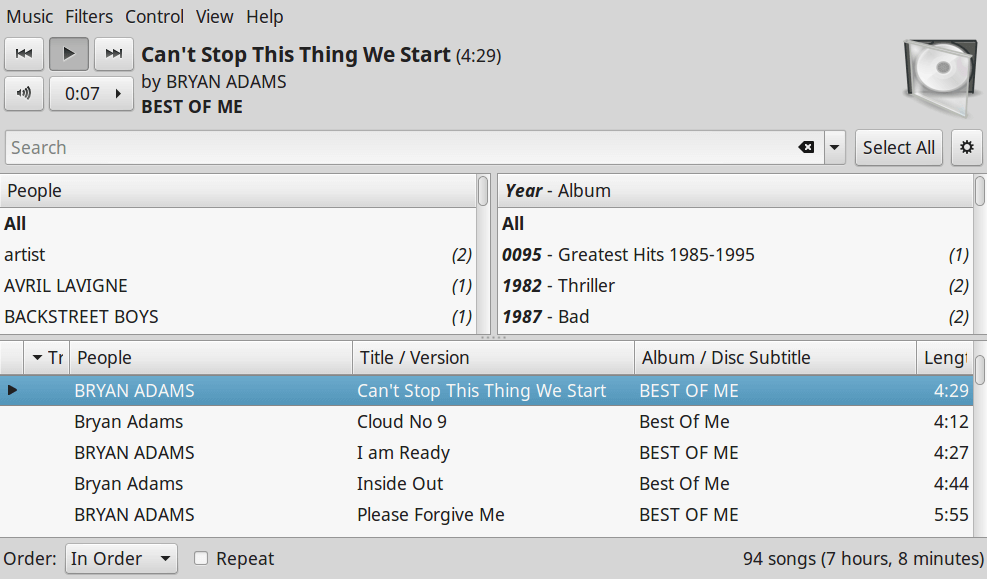

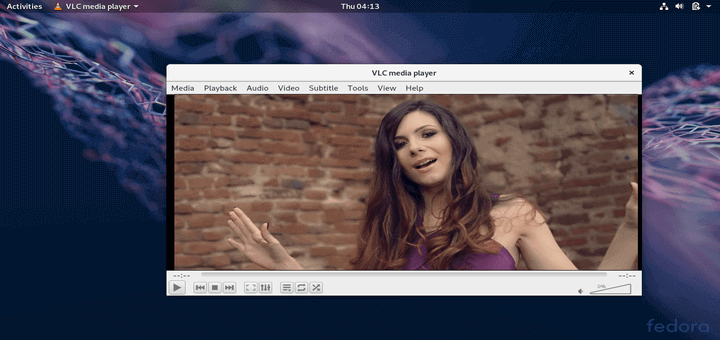
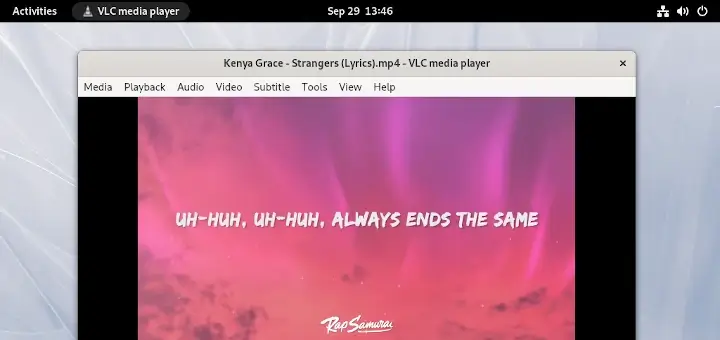
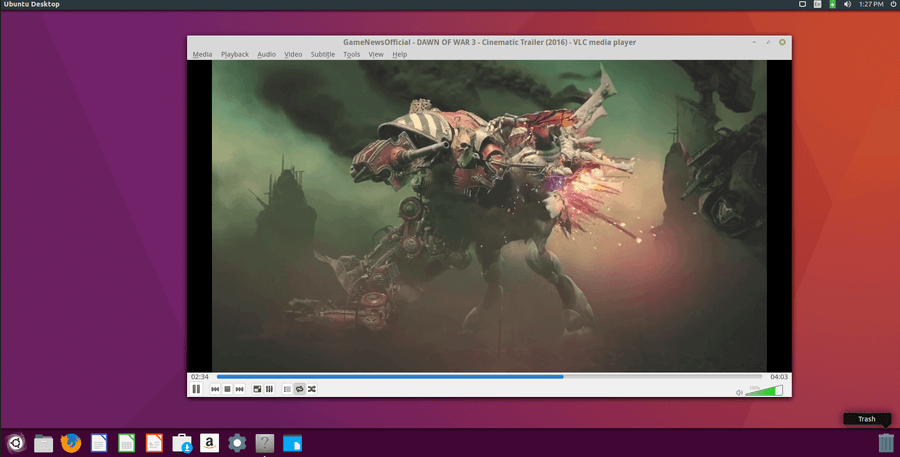


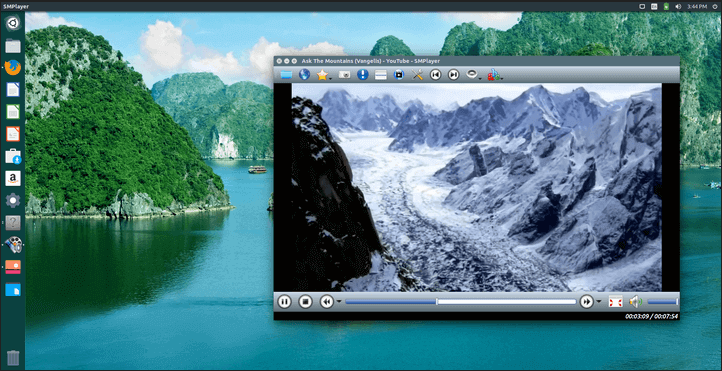
Does any of these players have a “Quick sort and trash” functionality or can be modified to have one? The behavior I want ideally after activating “Quick sort and trash” mode with a button or script:
If the value is “delete” then it deletes the file. Alternatively, the player has a “delete all files with a certain tag” option that can have a confirmation prompt.
I thought that Cmus could be persuaded to such behavior with Autokey but it does not seem to have any file modification functionality despite being a command-line tool.
Quod Libet with Autokey might work, but it requires calling up a context menu to create a tag, no hotkey possible, which makes it slow and unreliable.